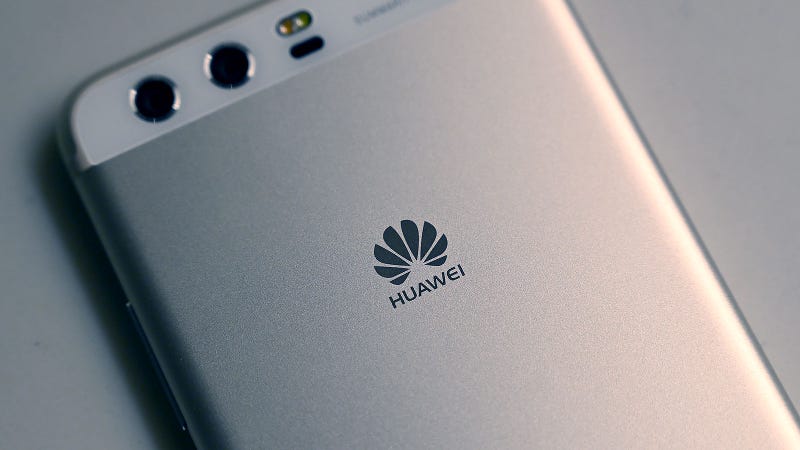 Photo: Sam Rutherford (Gizmodo)
Photo: Sam Rutherford (Gizmodo)
As part of T-Mobile’s impending deal to buy Sprint (which reportedly could be approved as early a next week), one of the final hurdles the two companies need to clear is a national security review. And wouldn’t you know it, with all the stuff that’s been going on with Huawei, the U.S. government is reportedly taking the opportunity to further isolate the China-based technology giant.
After T-Mobile’s $26 billion Sprint buyout was first proposed back in April, the Committee on Foreign Investment in the United States (CFIUS) began looking over to deal ensure that it would not pose a risk to U.S. security. Now, according to a report from Reuters, it seems both T-Mobile parent company Deutsche Telekom and Sprint owner Softbank have agreed to at least reconsider their use of Huawei technology.
The U.S. intelligence community claims Huawei is a threat due to alleged but unproven concerns of Chinese espionage. As a result, the Pentagon reportedly banned sales of Huawei phones on military bases, and AT&T, Verizon, and Best Buy agreed to not carry the company’s devices. (Although that alone won’t likely do much harm to Huawei’s bottom line.)
Tensions between the U.S. and China percolated further this month after the arrest in Canada of Meng Wanzhou, Huawei’s chief financial officer and daughter of the company’s founder. The U.S. has accused Meng of financial fraud and sanctions violations. She is currently out on bail awaiting potential extradition to the U.S.
The T-Mobile/Sprint agreement follows info published by the Nikkei Asian Review on Thursday saying that based on recent security concerns, Softbank will replace existing 4G equipment made by Huawei with hardware from Nokia and Ericsson.
On a bigger scale, Japan, Australia, and New Zealand recently enacted policies banning Huawei and ZTE, which is also based in China, from providing equipment for government contracts or, in some cases, upcoming 5G networks.
And with almost all ominous-sounding reports like this one from Australia’s Sydney Morning Herald claiming that security agencies from the U.S., U.K., Canada, Australia, and New Zealand have concocted a campaign to “kill Huawei,” this probably won’t be the last time western governments attempt to prevent further Huawei expansion outside of China.
Share This Story